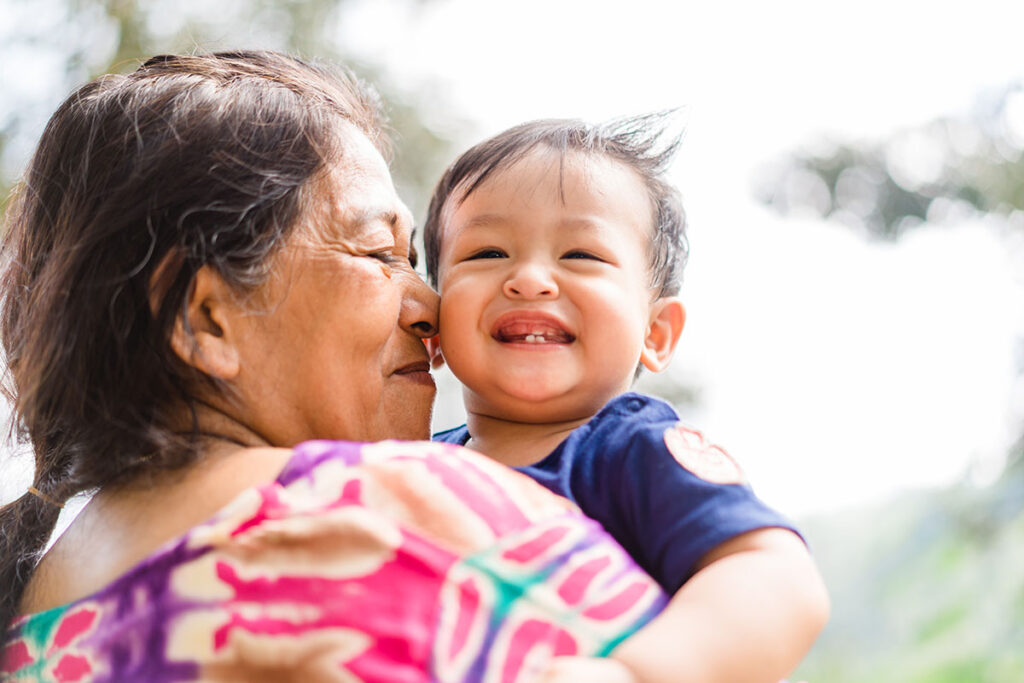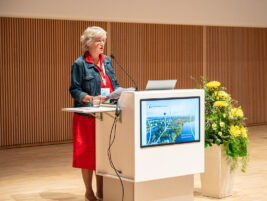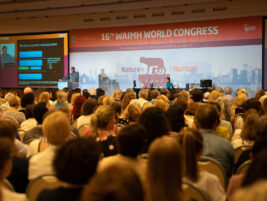While the colonising practices of the West have changed significantly over the past few decades, the long-term consequences of such practices continue to be felt by the people living within colonised communities. For example, the evidence shows that Aboriginal children are still much more (ten times) likely to be placed in out-of-home care than non-Aboriginal children and that this disparity starts in infancy (O’Donnell et al 2019). Furthermore, the intergenerational trauma that is a significant part of the adversity experienced by many Aboriginal families, relate to earlier colonial practices regarding the forced removal of Aboriginal children. So, in Aotearoa New Zealand, 33% of babies removed in 2019 were from mothers who had been in care themselves, 69% of whom were Māori (Keddell et al 2022). The loss of traditional ways of caring in many indigenous communities, alongside the ongoing failure of practitioners from Western cultures to recognise the value of such traditional practices or to question the appropriateness of Western IMH concepts and methods of assessment, serves to perpetuate this colonial legacy when working with First Nations people.
So, there is much still to do in terms of the decolonisation of IMH, and this special issue of Perspectives focuses on some of the innovative work that is currently being undertaken to ‘revitalize’ IMH concepts and practice, through the recentring of ways of working that are important to colonised and indigenous communities.
Our research paper by Alayne Mikahere-Hall, Denise Wilson, and Pita Perehama Pou, sets the scene with a report of an investigation of Māori perspectives on secure attachment relationships, and the development of a culturally grounded framework for transforming infant mental health practice through Indigenous knowledge systems. The Tūhono framework is a transformative paradigm that that is playing an important role in influencing international Indigenous attachment scholarship.
The need for a move away from Western paradigms is the focus of our first two clinical papers. In, Rethinking Infant Mental Health Through Proximal Care: Decolonizing Developmental Models of Social Engagement, Emily Little proposes a shift away from a focus on evaluating the parent-infant relationship through the assessment of variation in face-to-face interactions to a focus on more proximal aspects of caregiving (i.e., body-to-body contact through infant carrying, bed-sharing, and long periods of sustained physical contact), which she suggests are widespread, developmentally meaningful, and represent an enriching caregiving context.
In, Reclaiming intergenerational wellbeing for First Nations families through Birthing on Country, Rebecca Coddington and Melanie Briggs, describe the emergence and operation of the ‘Birthing on Country’ movement, which includes maternity services that have been designed and delivered for and by First Nations women. This care encompasses connection to Country, integration of cultural knowledge, and provision of care by Aboriginal midwives and Aboriginal Health Practitioners with a focus on community and kinship.
Three further clinical papers describe the way in which IMH practice is being realigned with the cultural values of indigenous communities through storytelling, and the use of culturally sensitive approaches. In The Sankofa Infant Mental Health History Project, Marie-Céleste Condon and colleagues, describe how this project supports revitalization by inviting diverse Storytellers to share stories and perspectives that are at risk of being left behind; recording them; and creating an archival resource for revitalizing relationships, IMH discourse, workforce development, practice, and policies.
In, Marram Ngala Ganbu (‘We are one’): A First Nations led, trauma-informed approach to Children’s Court hearings for Child Protection, Ashley Morris and Nicole Milburn, describe a First Nations led, culturally sensitive approach to adjudicating matters for First Nations families involved in the Children’s Court of Victoria, Australia, where infants are over-represented compared to both non-First Nations families and older First Nations children.
In, Honouring the voices of First Nations minya ones and their families through Wakwakurnaku Kumangka Pudnanthi family support group, Geneva Foster and colleagues describe how the Strengthening Early Years (SEY) team, aim to increase the self-efficacy and self-determination of First Nations families to better support their minya one’s in the first 1000 days by ensuring transparency with the families, including them in all decision-making, and adapting this approach to create culturally safe spaces.
Our two Professional Development Papers address the way in which professional development opportunities can be used to advance the revitalization process. In, Decolonizing Infant and Early Childhood Mental Health Consultation Professional Development, Evandra Catherine and colleagues argue that a decolonized approach to professional development recognizes that mainstream models of IECMHC PD often fail to fully account for the lived experiences of historically marginalized communities. They argue that professional development is central to decolonization because it creates spaces where consultants are supported in deep self-reflection, and where they are encouraged to challenge assumptions and provided with opportunities to practice new ways of working.
In our second Professional Development piece, Relational Principles for Collective Wellbeing: Multigenerational Indigenous Frameworks Informing Infant Mental Health Revitalization, Dominique Charlot-Swilley and colleagues, describe how dominant approaches to IMH often prioritize individualization while neglecting the relational and communal contexts fundamental to wellness and thriving. Drawing on the practices of three indigenous communities – Ubuntu, Lakou, and Etuaptmumk – their paper supports revitalisation through a return to relationship-based frameworks that nurture collective wellbeing across lifespans.
Our two Opinion Pieces continue these themes. In Decolonising infant mental health: an anthropological provocation from Southern Africa, Fiona Ross draws on her anthropological expertise to offer some provocative thoughts about decoloniality in IMH; and in Digital Colonisation and Infant Mental Health, Miriam McCaleb examines the fresh wave of colonisation that is underway with regard to the digital revolution and the way in which for-profit agents distract us from the key issues and harvest our data.
And we conclude with a book review by Michelle du Plessis that focuses on several issues with regard to culture and decolonization selected from the WAIMH Handbook of Infant and Early Childhood Mental Health – Cultural Context, Prevention, Intervention, and Treatment, Volume 2 (Osofsky et al., 2024).
We would be very pleased to receive any further thoughts or commentaries on this topic or indeed the individual papers in this special issue, which we will publish in the next issue of Perspectives.
References
O’Donnell M, Taplin S, Marriott R, Lima F, Stanley FJ. Infant removals: The need to address the over-representation of Aboriginal infants and community concerns of another ‘stolen generation’. Child Abuse Negl. 2019 Apr;90:88-98. doi: 10.1016/j.chiabu.2019.01.017. Epub 2019 Feb 12. PMID: 30769191.
Keddell, E., Fitzmaurice, L., Cleaver, K., & Exeter, D. (2022). A fight for legitimacy: reflections on child protection reform, the reduction of baby removals, and child protection decision-making in Aotearoa New Zealand. Kōtuitui: New Zealand Journal of Social Sciences Online, 17(3), 378–404. https://doi.org/10.1080/1177083X.2021.2012490
Authors
Jane Barlow,
Editor-in-Chief, WAIMH Perspectives in Infant Mental Health,
United Kingdom








